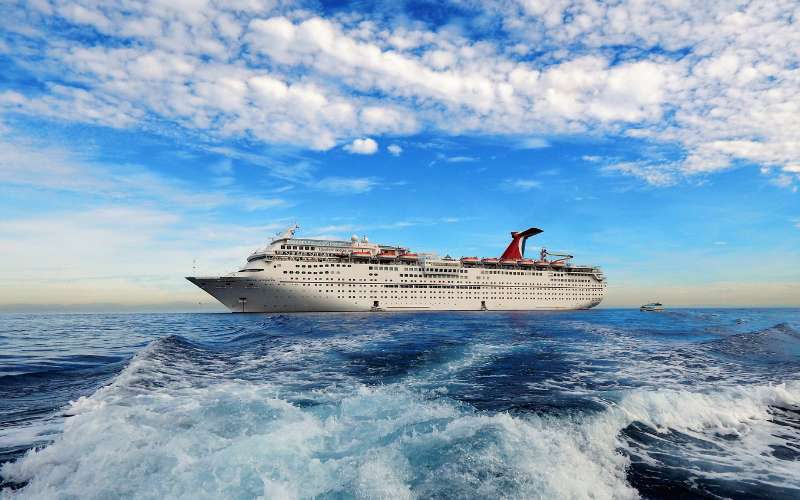WOMAR Logistics chief operating officer Manish Jain sees biodiesel as the best alternative fuel choice for small tankers to comply with FuelEU Maritime, but has concerns about availability, storage and contamination
When it comes to complying with FuelEU Maritime, WOMAR Logistics Pte Ltd chief operating officer Manish Jain sees only one real choice among alternative fuels for the small chemical and oil tankers his company manages.
“For existing ships, the only fuel to use is biofuels,” says Mr Jain. “You don’t need a different skill set or a great level of knowledge to do that.” He says his company already has experience testing biofuels, B100, and “there were no issues.”
When alternative fuels such as ammonia, LNG and methanol do come into wider use, he does see the need for increased seafarer training.
“But for right now, when we talk about our ships – small chemical tankers – biofuels are the answer wherever they are available,” he says.
But when it comes to using biofuel to comply with FuelEU, there are challenges. To start, it requires careful planning around when and where to bunker EU sustainable biofuel.
Singapore-based WOMAR Logistics is assessing where it can source enough biofuel on a consistent basis, says Mr Jain. Another issue, he points out, is that small tankers have a limited number of bunker tanks. “You will have to keep a spare gasoil tank or spare fuel oil tank free, fill it in Singapore, then sail to Europe and burn it. Or have a tank available, fill it in Europe, and burn it,” he says.
Mr Jain cautions that biofuels are subject to contamination if stored for long periods because of microbial growth. “And these fuels are not going to be available in every bunker port,” he says.
While biodiesel will be more costly than heavy fuel oil and marine gasoil, admits Mr Jain, “It is not all about cost now. Biodiesel will be more expensive than paying the penalty, but I think we have moved on from that path. We are going to look at ways to get our share of decarbonisation, but it must make sense.”
WOMAR has about 50 vessels trading to ports in Europe. Mr Jain says FuelEU Maritime is more complex than EU Emissions Trading System (EU ETS). “For ETS, charterers agreed to pay you a lump sum ETS cost and transfer EUAs. For FuelEU, they will just build it up in your freight. They don’t want to discuss it.”
That is because, he explains, “You can have emissions on a voyage, then offset them on the next voyage or next year. You can pool with someone else, sharing a compliance surplus or compliance deficit. It is very difficult for charterers to agree to anything.”
He says FuelEU Maritime is causing more of an administrative burden on shoreside personnel than the crew. This is because WOMAR Logistics has been actively taking steps to lower the fuel consumption of its fleet and accurately monitor fuel usage for a decade.
“More monitoring, more systems, more collecting information – that is increasing day by day. It already started with ETS last year,” concludes Mr Jain.






